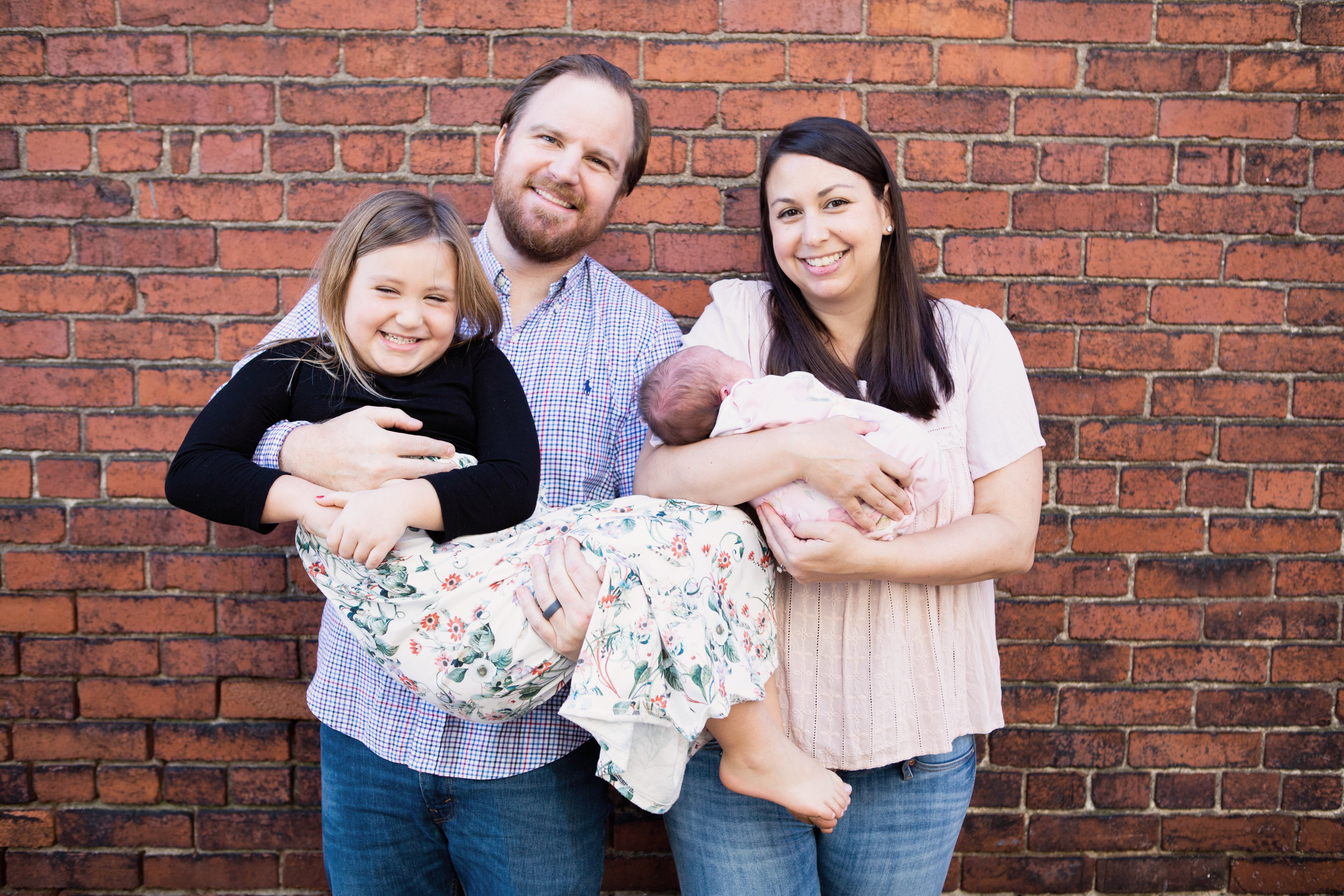Secondary infertility
Secondary infertility is the inability to become pregnant — despite engaging in regular unprotected intercourse — following the birth of one or more biological children who were born without the aid of fertility treatment or medications.
In reality, a number of things can cause secondary infertility, including advanced maternal age, damaged or blocked Fallopian tubes, problems with ovulation, endometriosis, and problems with sperm production.
Indicators of secondary infertility
Once diagnostic testing is complete, your physician will review your treatment options. Many patients are surprised to learn that IVF is not their only treatment option. However, IVF would be the first line of treatment for patients with the following conditions:
Testing and treatment
When you visit a fertility specialist, you will begin with a standard infertility work-up to determine a diagnosis.
As with other types of infertility, many patients with secondary infertility are able to start with basic treatment options. In some instances though, a couple may need in vitro fertilization (IVF) or donor egg treatment to overcome secondary infertility.
FAQs
Learn more about secondary infertility
Success stories from patients with secondary infertility
Patient Story
Brittney & Rob
Patient Story
Jamie & Josh
Patient Story
Nicole & Garrett
Patient Story







